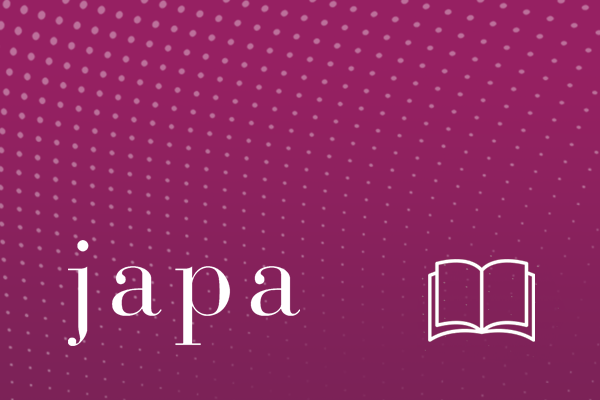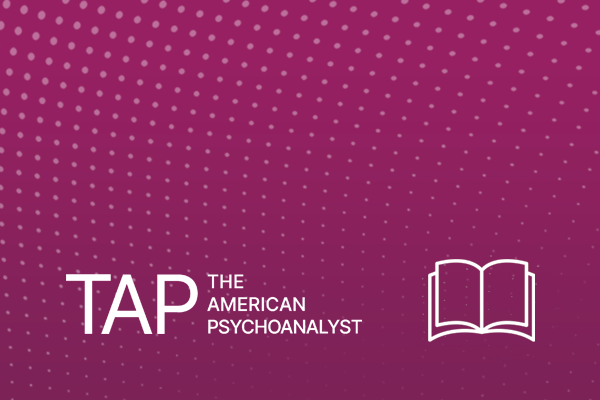A Note From The CAI Co-Chairs
by Todd Essig, PhD and Amy Levy, PsyD
This Note is not our usual update about the status of a specific project. It’s about community and perseverance. And the deeper conditions—emotional and political—that give meaning and value to what we do.
We recognize that AI is not developing in a vacuum, separate from political, economic, and sociocultural forces. So, neither can the psychoanalytic study of AI ignore that context, even when painful, and perhaps even traumatizing. Our studies and educational initiatives, all at the intersection of AI and psychoanalysis, are inevitably embedded in our moment of democratic erosion, emboldened racism, and attacks on education, science, and human rights.
The emerging future we face includes this: the AI that will shape that future is being developed within specific—and increasingly authoritarian—ideological and institutional matrices. This is not incidental to our work or our experience. It is the context within which the AI systems that will own the future are being trained, deployed, and governed—and thus the context in which we must think, teach, and act, and in which our subjective experience, desires, and relationships are being re-engineered.
One expression of this reality is how we’ve started to welcome members to our monthly CAI meetings: beginning not with updates or project planning, but by acknowledging our problematic emotional and political climate. We make space to orient ourselves—where we are, and what it means to do this work now. In response, members voice grief, fear, determination, and care. One international CAI member shared that she no longer feels safe traveling to the United States for a professional conference. Recent news stories—about scholars being detained, searched, denied entry, or having visas revoked for expressing dissent—amply document the wisdom of her decision.
Times like these remind us that our work does not just need intellectual rigor—which it surely does and we hope we achieve that standard. It also needs community. That’s part of what our regular meetings strive to offer. We’re not seeking political consensus, but solidarity. Community and perseverance are not luxuries. They are the conditions that transform despair into hope, and hope breeds acts of resistance that counter a creeping authoritarian domination of our AI future.
But we misspoke. The need is not community; it’s communities—of courage, study, engagement and reflection. And of hope. The CAI is but one such community. Hopefully, we’re providing materials to help foster other psychoanalytic communities that can actively and psychoanalytically engage the AI revolution in the service of human needs and well-being. Remember “The Borg,” a collective consciousness from the science fiction series Star Trek: The Next Generation? They had it wrong. Resistance is not futile: it’s necessary.
So, let us confront our present moment when necessary, and embrace it when we can. As psychoanalysts we understand that where there is trauma, such as many experience today, dissociation often follows. But resistance remains possible, thinking deeply remains possible. For the CAI this includes asking difficult anxious-making questions: How is the present moment in our country pulling AI development away from ethical governance and respect for the dignity of the human subject and toward extraction, control, and social dominance? Can we do anything to counter that pull? Does the timing of AI’s emergence necessarily implicate it as an agent in the service of this new world order? And, helping to make this bearable, how can we find sustenance and joy in the communities we build? Though we suffer and mourn what is being lost, we can also choose to stay present to the current moment— experiencing and thinking together about the technologies, the context, each other, and the future that is not yet written.
For more information, please email [email protected].





